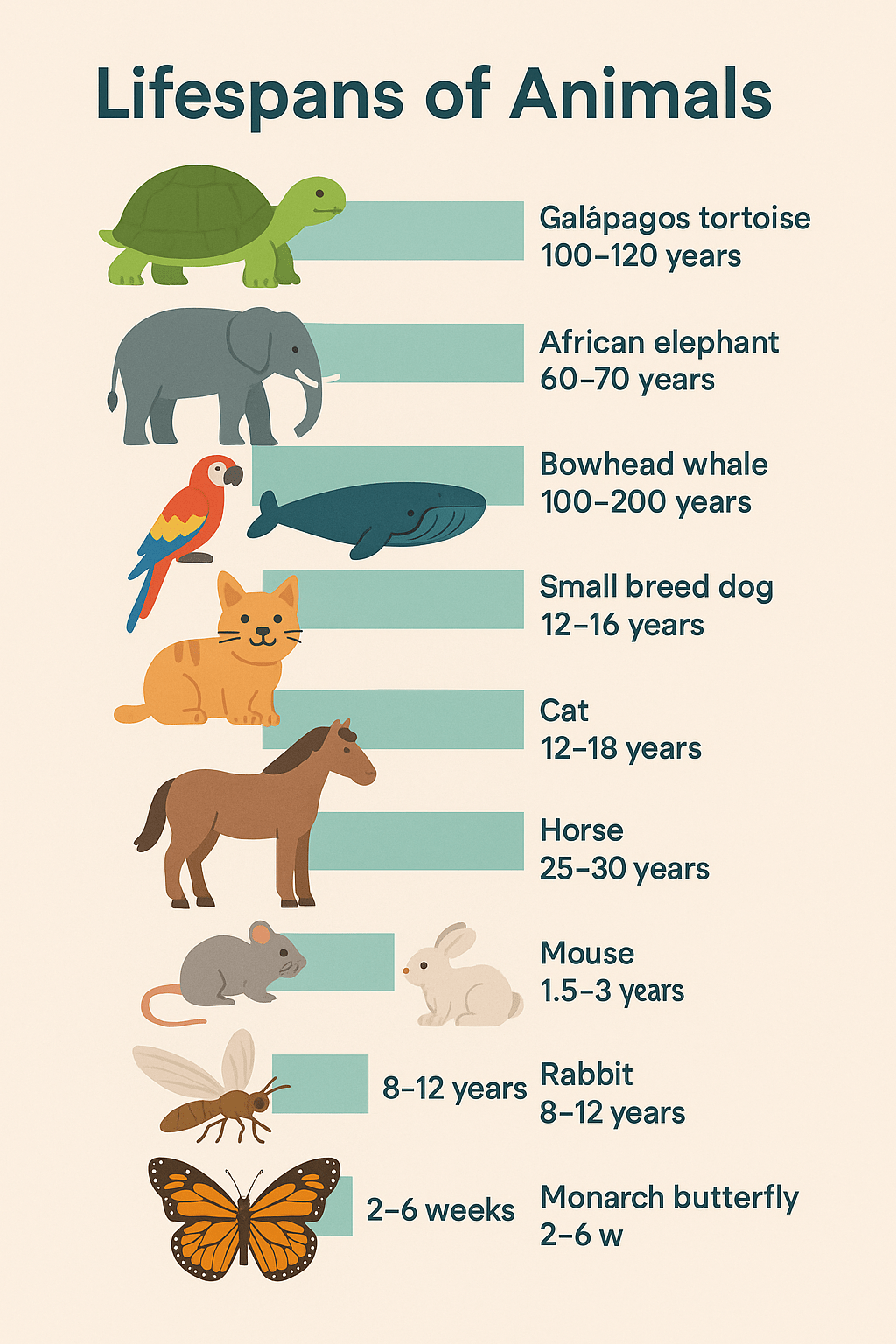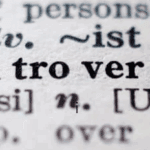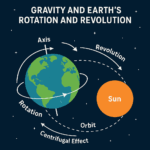
How AI is Revolutionizing Interviews and Candidate Selection: A Comprehensive Guide

The recruitment process has undergone significant transformation over the years, but perhaps no innovation has been as impactful as Artificial Intelligence (AI). From automating administrative tasks to predicting candidate success, AI is reshaping how organizations approach interviews and candidate selection. This blog post delves into the various ways AI can enhance the hiring process, supported by statistics and analytics. We’ll also explore the potential challenges and best practices for integrating AI into recruitment.
Table of Contents
- The Role of AI in Recruitment
- Benefits of AI in Interviews and Candidate Selection
- Key Statistics on AI in Recruitment
- AI Tools and Technologies in Recruitment
- Challenges and Ethical Considerations
- Future Trends in AI-Powered Recruitment
- Conclusion
1. The Role of AI in Recruitment
AI in recruitment refers to the use of artificial intelligence technologies to streamline and enhance various stages of the hiring process. AI-driven tools can analyze resumes, assess candidates through video interviews, and even predict a candidate’s cultural fit within an organization. By leveraging machine learning, natural language processing (NLP), and data analytics, AI can help recruiters make data-driven decisions that reduce bias and improve efficiency.
2. Benefits of AI in Interviews and Candidate Selection
a. Efficiency and Speed
AI can significantly reduce the time spent on screening resumes and scheduling interviews. According to a report by LinkedIn, 67% of recruiters said AI has saved them time during the hiring process.
b. Improved Quality of Hire
AI algorithms can analyze a candidate’s qualifications, experience, and personality traits to predict their potential success in a role. A study by IBM found that companies using AI in recruitment saw a 20% improvement in the quality of hire.
c. Reduction of Unconscious Bias
One of the most significant advantages of AI in recruitment is its ability to minimize unconscious bias. AI tools can be programmed to focus solely on a candidate’s qualifications, rather than factors like gender, ethnicity, or age. This can lead to a more diverse and inclusive workforce.
d. Enhanced Candidate Experience
AI-powered chatbots and virtual assistants can engage candidates throughout the recruitment process, providing real-time updates and answering questions. This creates a more positive candidate experience, which is crucial in today’s competitive job market.
3. Key Statistics on AI in Recruitment
| Statistic | Value | Source |
|---|---|---|
| Reduction in time-to-hire with AI | 67% | |
| Improvement in the quality of hire | 20% | IBM |
| Recruiters who believe AI improves diversity | 43% | PwC |
| Companies using AI in recruitment | 67% | Deloitte |
| Candidates who prefer AI-driven processes | 62% | Talent Board |
These statistics underscore the growing reliance on AI in the recruitment process and its positive impact on both efficiency and quality.
4. AI Tools and Technologies in Recruitment
a. Resume Screening
AI-powered resume screening tools, such as HireVue and Pymetrics, use machine learning algorithms to quickly sift through large volumes of resumes, identifying the most qualified candidates based on predetermined criteria.
b. Video Interviews
Tools like VidCruiter and Spark Hire utilize AI to analyze video interviews, assessing not only the content of a candidate’s responses but also non-verbal cues such as facial expressions and tone of voice. This adds an extra layer of insight into a candidate’s suitability for a role.
c. Predictive Analytics
AI can predict a candidate’s future performance based on historical data. Platforms like PredictiveHire use AI-driven models to assess how well a candidate will perform in a role, considering factors such as past experience, cultural fit, and even how long they might stay with the company.
d. Chatbots and Virtual Assistants
AI chatbots like Mya and Olivia can handle initial candidate engagement, answer frequently asked questions, and even schedule interviews. This not only saves time for recruiters but also ensures a smooth and engaging candidate experience.
5. Challenges and Ethical Considerations
While AI offers many benefits in recruitment, it’s essential to address the challenges and ethical considerations:
a. Algorithmic Bias
Despite efforts to reduce bias, AI systems can still inherit biases present in the data they are trained on. Continuous monitoring and updating of algorithms are necessary to ensure fairness.
b. Transparency
AI’s decision-making process can often be opaque, leading to concerns about transparency. It’s important for companies to provide clear explanations for how AI-driven decisions are made.
c. Data Privacy
The use of AI in recruitment involves the collection and analysis of vast amounts of personal data. Companies must ensure they comply with data protection regulations such as GDPR to safeguard candidate privacy.
6. Future Trends in AI-Powered Recruitment
The future of AI in recruitment looks promising, with several emerging trends on the horizon:
- AI-Driven Diversity Hiring: AI tools specifically designed to enhance diversity and inclusion in hiring are expected to become more prevalent.
- Integration with Human Judgment: While AI can handle many aspects of the recruitment process, the final decision will likely remain with human recruiters, ensuring a balance between technology and human intuition.
- Continuous Learning Models: AI systems that continuously learn and adapt from each recruitment cycle will become more common, improving accuracy and outcomes over time.
7. Conclusion
AI is transforming the way companies conduct interviews and select candidates. From improving efficiency and reducing bias to enhancing the candidate experience, AI offers numerous benefits that can help organizations find the right talent faster and more effectively. However, it’s crucial to address the ethical challenges and ensure a balanced approach that combines AI’s capabilities with human judgment. As AI continues to evolve, its role in recruitment will likely expand, making it an indispensable tool for modern hiring processes.
By understanding and leveraging AI in recruitment, organizations can not only enhance their hiring processes but also ensure they are well-positioned to attract and retain top talent in a competitive market.
For more insights into how technology is shaping the future of work, visit amanblogs.com.
Hello, I am Aman (: Full Time Traveler :) At the age of 41, in April 2023, fueled by my love for travel and the determination not to remain fixed like a tree, I embarked on a bold journey. Having dedicated 17 years to a corporate job, I chose to transition from a full-time employee to a full-time traveler, driven by the desire to break free from the routine and constraints of a conventional life. Along the way, I not only explored the wonders of travel but also uncovered the transformative power of financial freedom. I realized how it could liberate me to lead a life teeming with adventure, purpose, and fulfillment. Through my blogs, I am passionately sharing my story, aiming to inspire and provide valuable guidance to those, like me, who aspire to weave travel into a life overflowing with limitless possibilities.






















Post Comment
You must be logged in to post a comment.